An incomplete IT dream at Real Madrid's Bernabeu
Real Madrid has some grand ambitions for a high-tech Bernabau, but it seems key pieces of the jigsaw are missing...


Real Madrid
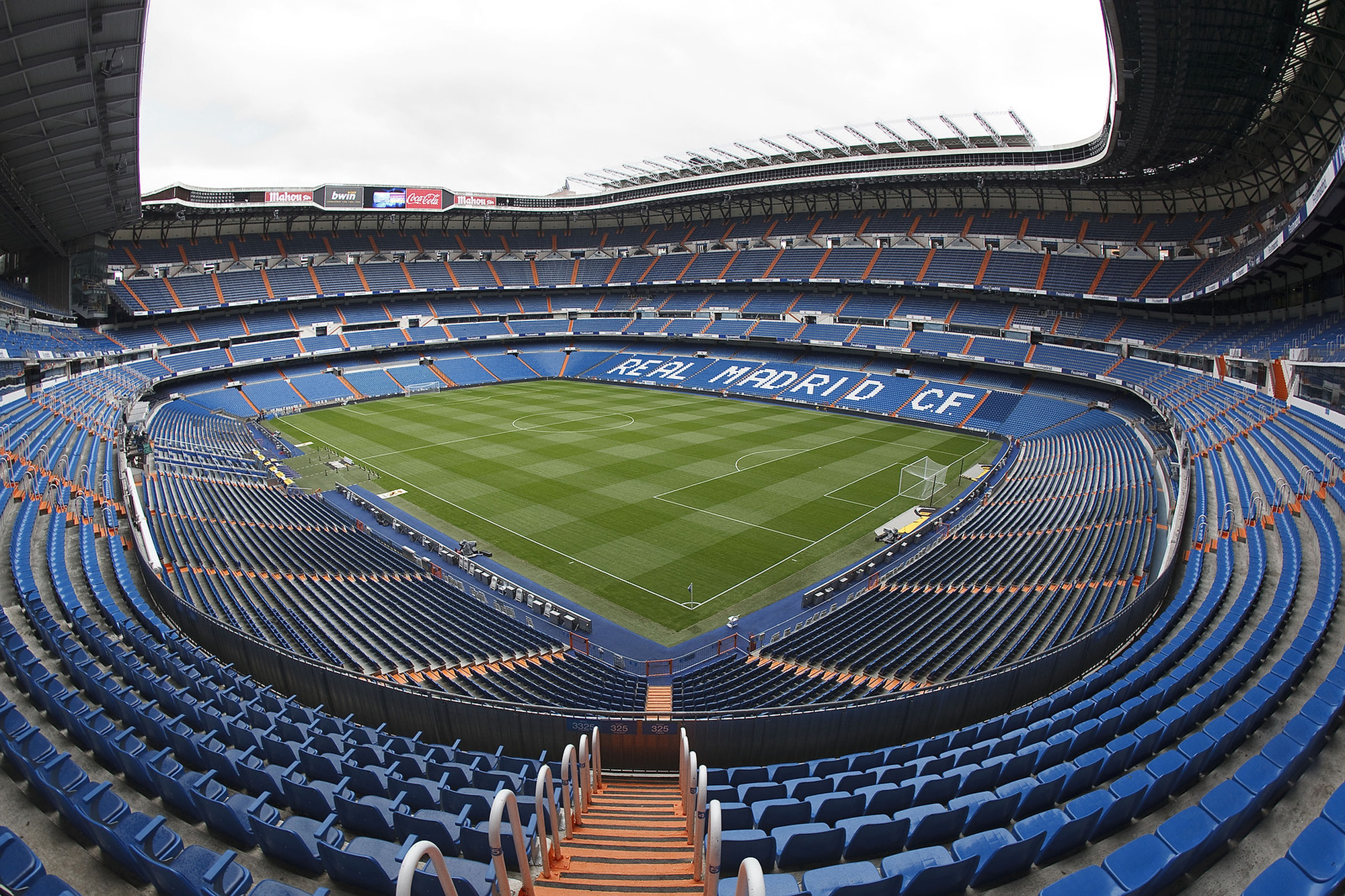
Bernabeu 2
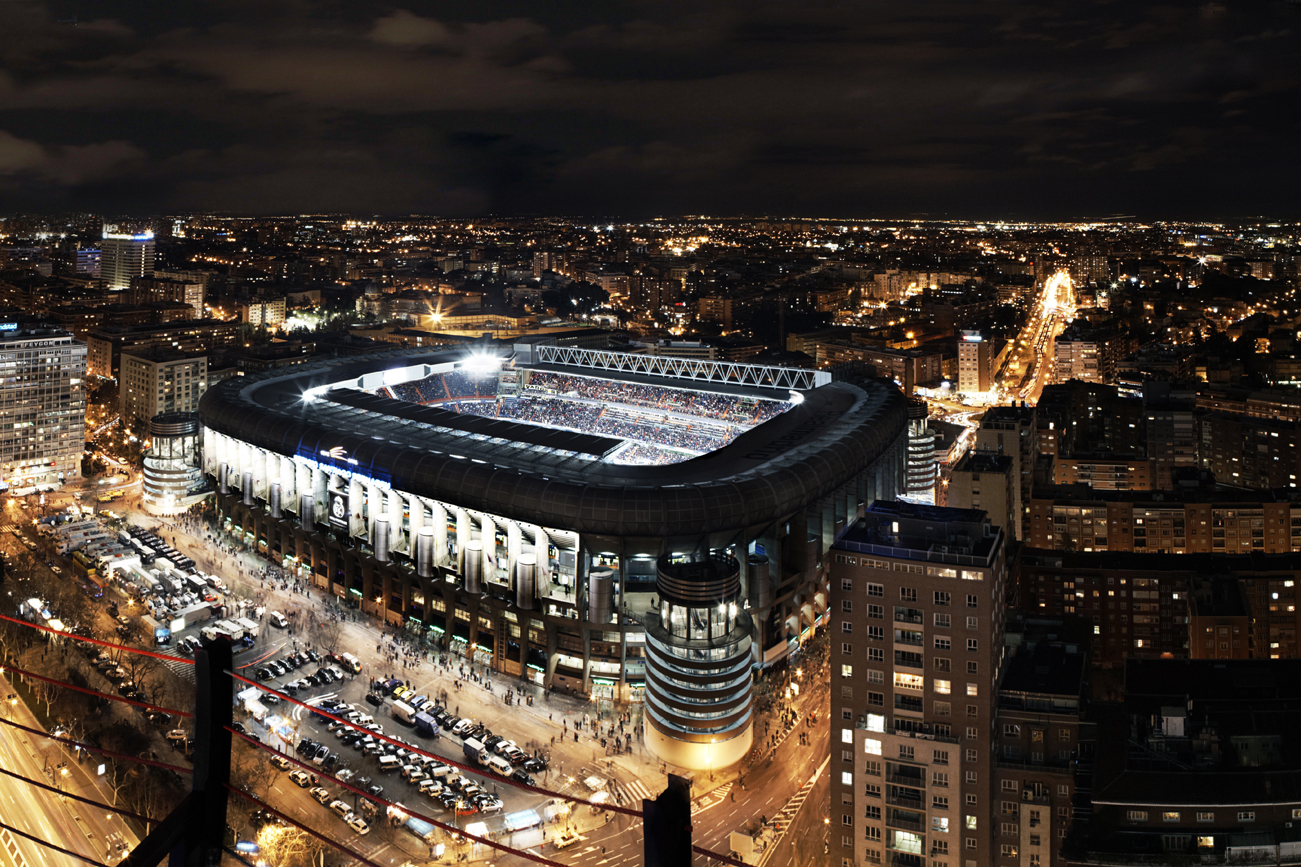
Bernabeu 1
CASE STUDY Real Madrid have been known to chuck inordinate sums of money at twinkle-toed footballers. In recent years, spending sprees haven't brought back the glory days. Even with Jose Mourinho at the helm, the club is still playing second fiddle to Barcelona.
At least Los Merengues should have a more high-tech stadium though. Thanks to a deal with Cisco, even if the likes of Ronaldo and Kaka aren't dominating on the pitch, fans will be appeased with the exciting mobile experiences they will be able to enjoy at the Bernabeu.
The club's IT team and the networking giant have been working on implementing some Cisco Connected Sports Solutions to give fans more to do once in the stadium other than watching the game. End users will be able to log-on and access apps for interacting with the stadium, whilst HD video will be on display in the stadium, meaning you'll be able to spot what interesting new hairdos players are sporting in really fine detail.
This is one IT project with a few missing pieces right now.
The Connected Stadium Wi-Fi network should provide improved non-data services too. Cisco thinks that by off-loading all data traffic through the cellular network, bandwidth will be freed up for phone calls and texts.
A trip to the Bernabau should soon be a more immersive experience. But 'should' and 'soon' are the operative words here. This is one IT project with a few missing pieces right now.
No end in sight?
Sign up today and you will receive a free copy of our Future Focus 2025 report - the leading guidance on AI, cybersecurity and other IT challenges as per 700+ senior executives
Despite the promise of a fantastic IT project, all is not as rosy as it seems at the Bernabeu. Planning hasn't been perfect. For starters, even though Cisco was keen to push out a release this week, the initiative isn't complete yet and there is no confirmed end-date.
"Cisco and Real Madrid are working together to define the optimal implementation schedule, one that takes into consideration all planned events at the stadium," said Stuart Hamilton, director for business development in sports and entertainment at Cisco. "Unfortunately, we do not have an exact date at this stage."

Real Madrid hasn't figured out how it is going to market the service either. It appears the planning phase didn't look at the whole picture.
"[The] business model is now being defined and we cannot exclude any scenario. The range of possibilities is huge and we should be accurate in the proposal we launch to spectators," said Real Madrid CIO Enrique Uriel.
"What is really sure is that either spectators or visitors will need to log-in in an application that will launch all the services."
What services though? There's been a lack of detail on what the Cisco set-up is actually supporting. Whilst there will be ways to interact with the stadium, neither Real Madrid or Cisco have been forthcoming in what format this will be delivered. They say apps, but there has been no mention of what these apps will do.
Of course, Cisco simply provides the networking back-end for the entire solution. It seems it's Real Madrid that hasn't quite figured out what the whole shebang will look like. When asked what other vendors had supplied infrastructure for the project, Hamilton said that was "still to be determined."
Uriel said the project was "the result of an actual study of the scenario and all details have been considered in the design phase." Yet the admittances that certain decisions have not been made indicate the entire project, from its design to its implementation, was not outlined from the start.
The networking side has been dealt with, it's just other pieces of the jigsaw are lacking. Do the Real Madrid faithful care about the quality of the network though? No. They just want to tuck into the potentially exciting services that the overall deployment will offer.
Tom Brewster is currently an associate editor at Forbes and an award-winning journalist who covers cyber security, surveillance, and privacy. Starting his career at ITPro as a staff writer and working up to a senior staff writer role, Tom has been covering the tech industry for more than ten years and is considered one of the leading journalists in his specialism.
He is a proud alum of the University of Sheffield where he secured an undergraduate degree in English Literature before undertaking a certification from General Assembly in web development.
-
 Microsoft wants to replace C and C++ with Rust by 2030
Microsoft wants to replace C and C++ with Rust by 2030News Windows won’t be rewritten in Rust using AI, according to a senior Microsoft engineer, but the company still has bold plans for embracing the popular programming language
-
 Google drops $4.75bn on data center and energy firm Intersect
Google drops $4.75bn on data center and energy firm IntersectNews The investment marks the latest move from Google to boost its infrastructure sustainability credentials
-
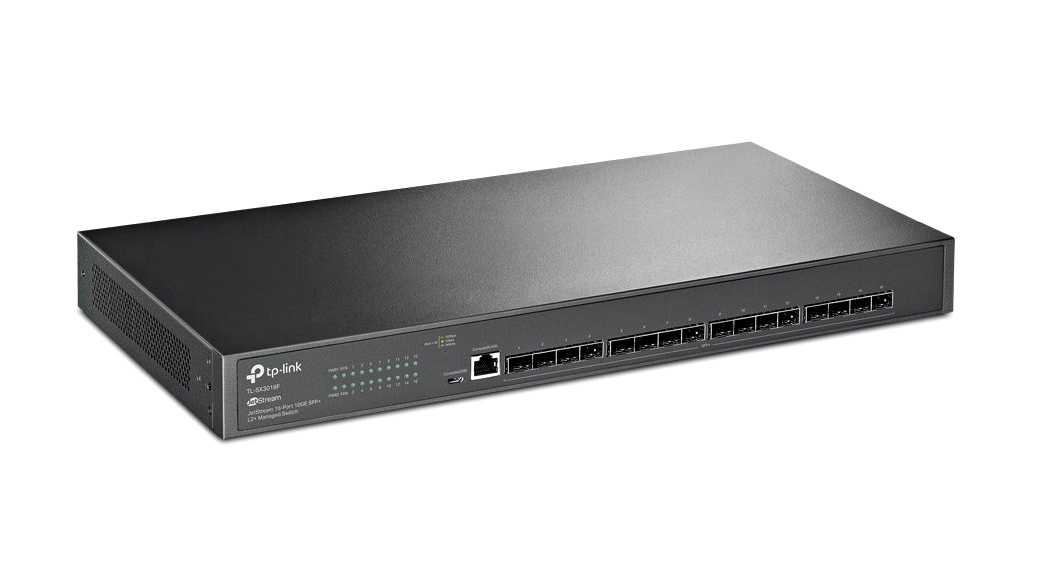
 TP-Link JetStream TL-SX3016F review: Plenty of ports at a pleasing price
TP-Link JetStream TL-SX3016F review: Plenty of ports at a pleasing priceReviews A great-value fibre 10GbE switch with a low cost per port, high performance and plenty of features
-
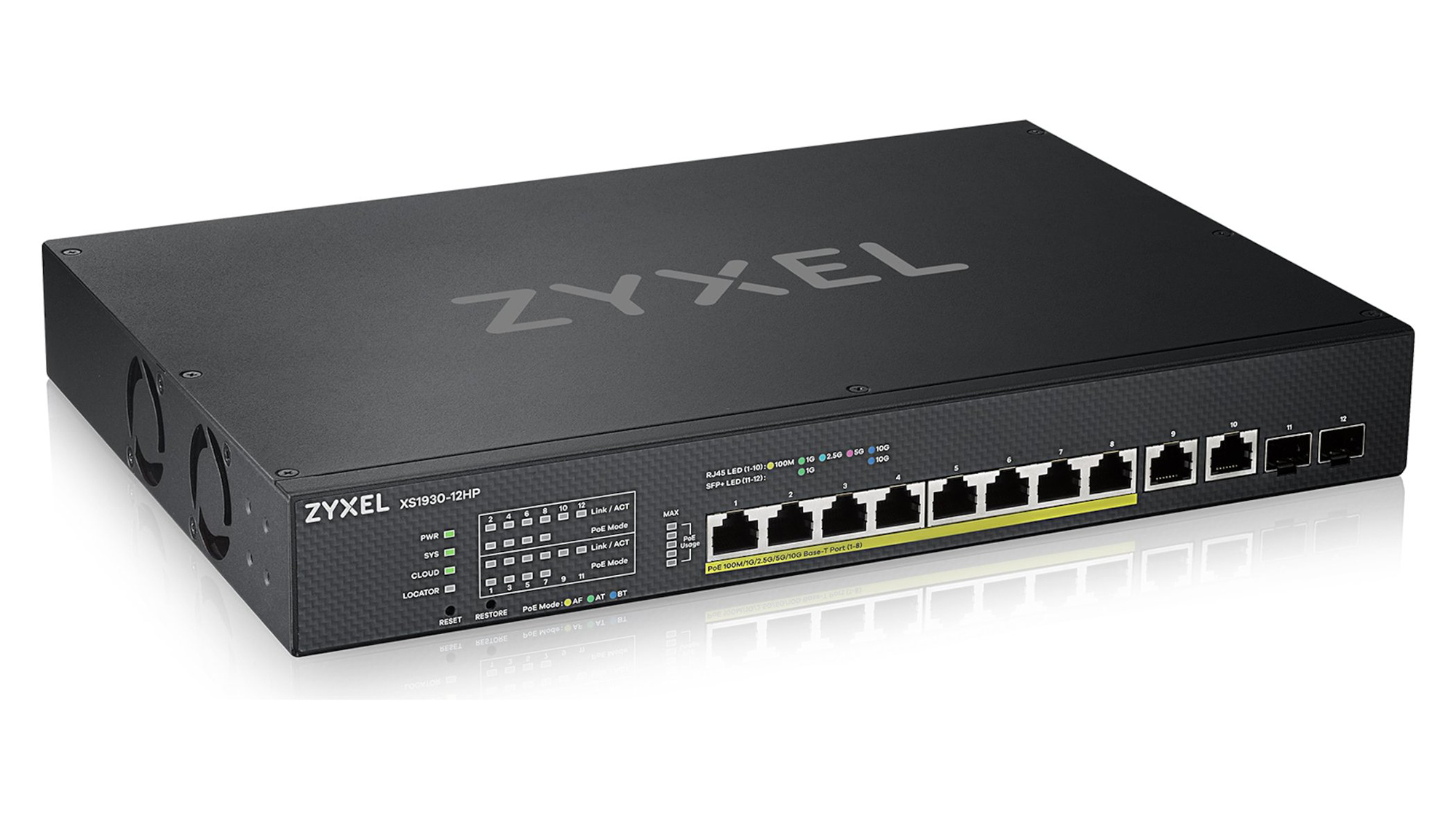
 Zyxel XS1930-12HP review: In a league of its own
Zyxel XS1930-12HP review: In a league of its ownReviews A powerful switch with a network connection for every occasion and powerful PoE++ services
-
 One-day IT projects to improve your business network
One-day IT projects to improve your business networkIn-depth Not all IT tasks take years to complete. We outline nine short, smart networking projects that can bring immediate benefits
-
 Superspeed your network for free... or nearly
Superspeed your network for free... or nearlyTutorials Don’t wait around for slow transfers and sluggish services – you can get a network boost with little or no investment
-
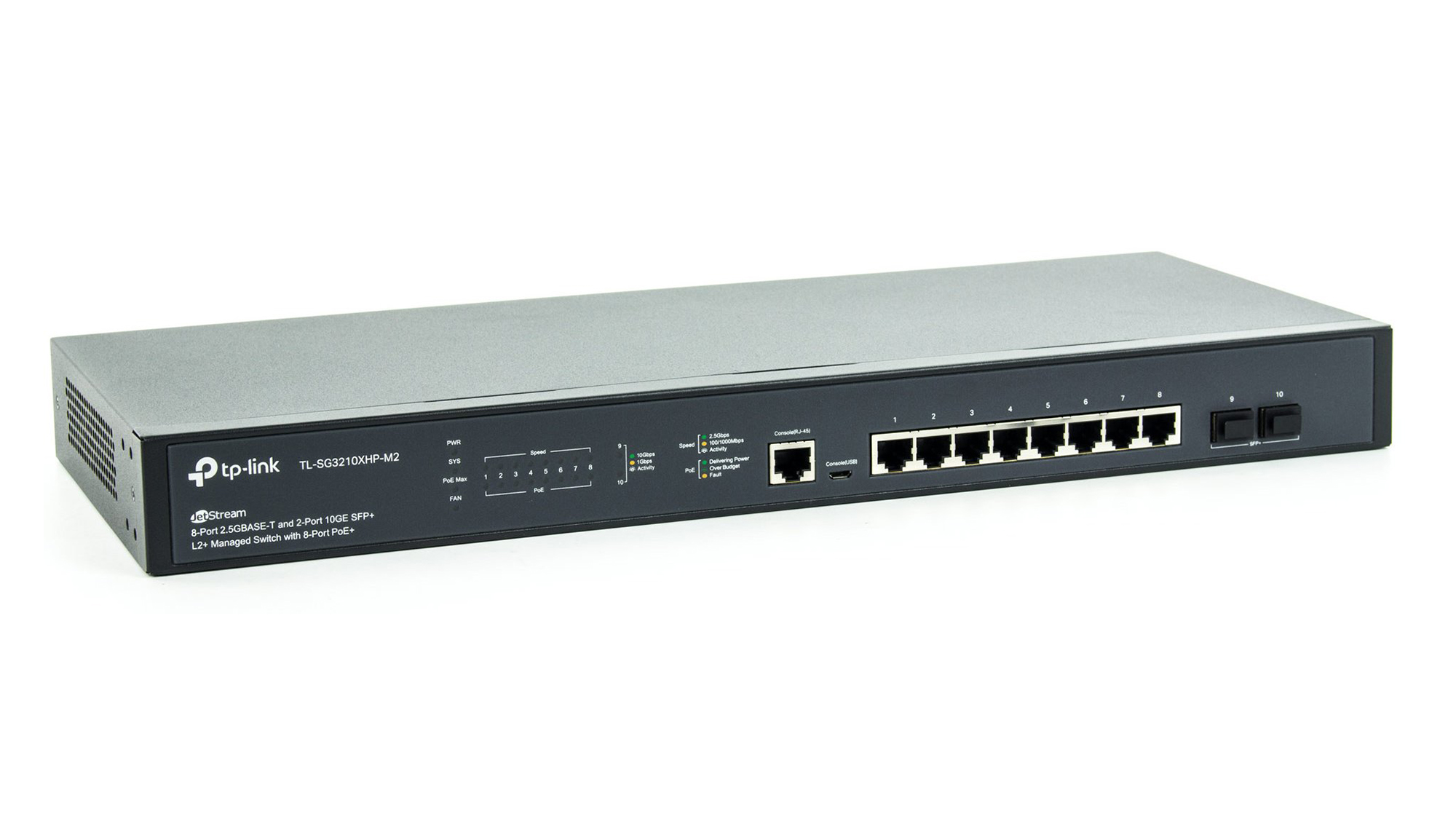
 TP-Link TL-SG3210XHP-M2 review: Any port in a storm
TP-Link TL-SG3210XHP-M2 review: Any port in a stormReviews An affordable multi-Gig PoE+ switch with a big power budget and management features to match
-
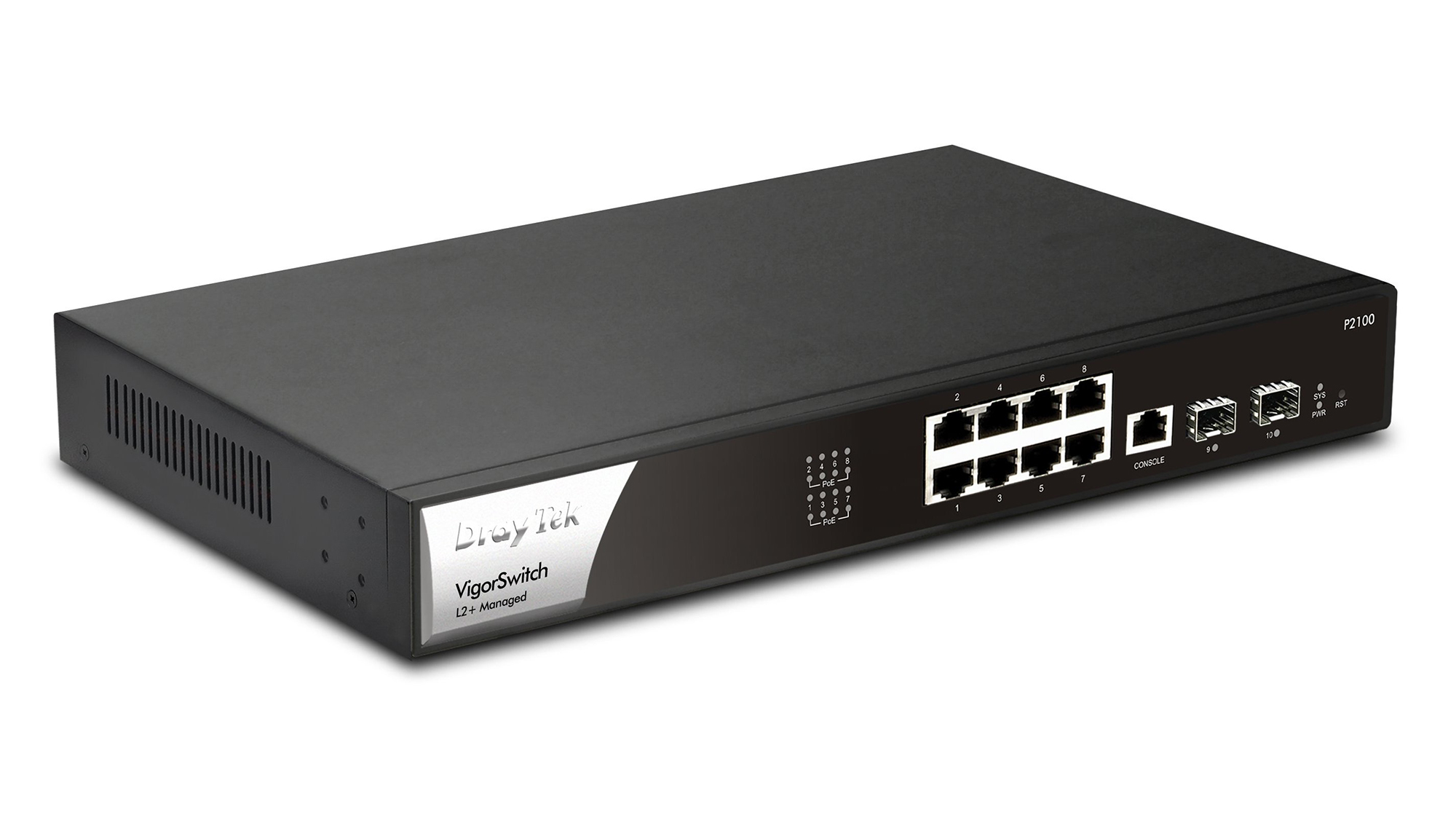
 DrayTek VigorSwitch P2100 review: A very appealing general-purpose switch
DrayTek VigorSwitch P2100 review: A very appealing general-purpose switchReviews A low-cost PoE switch with oodles of options for management and strong surveillance skills
-
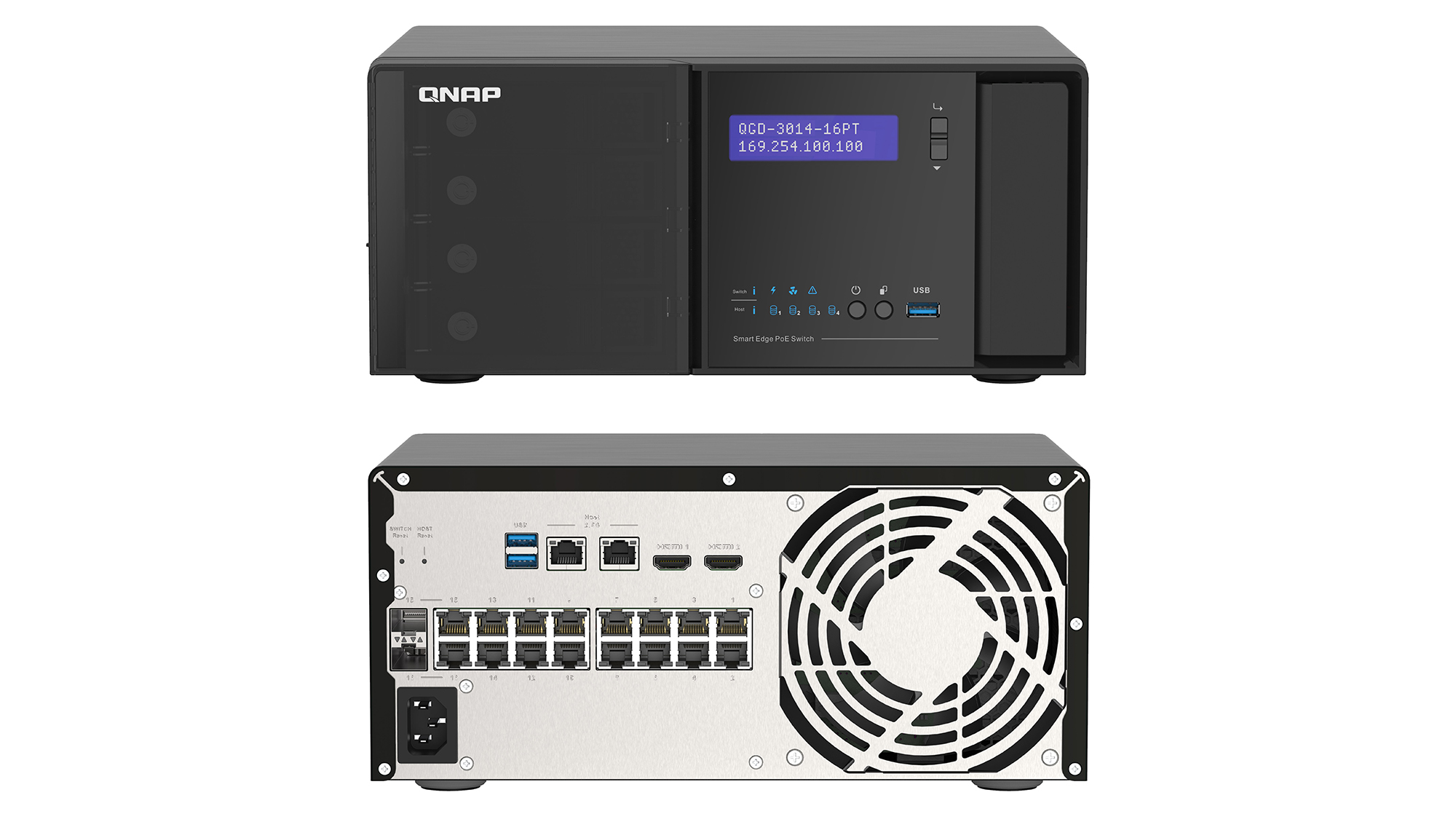 Qnap QGD-3014-16PT review: A clever combo
Qnap QGD-3014-16PT review: A clever comboReviews A smart partnership of NAS appliance and PoE switch well suited to surveillance duties
-
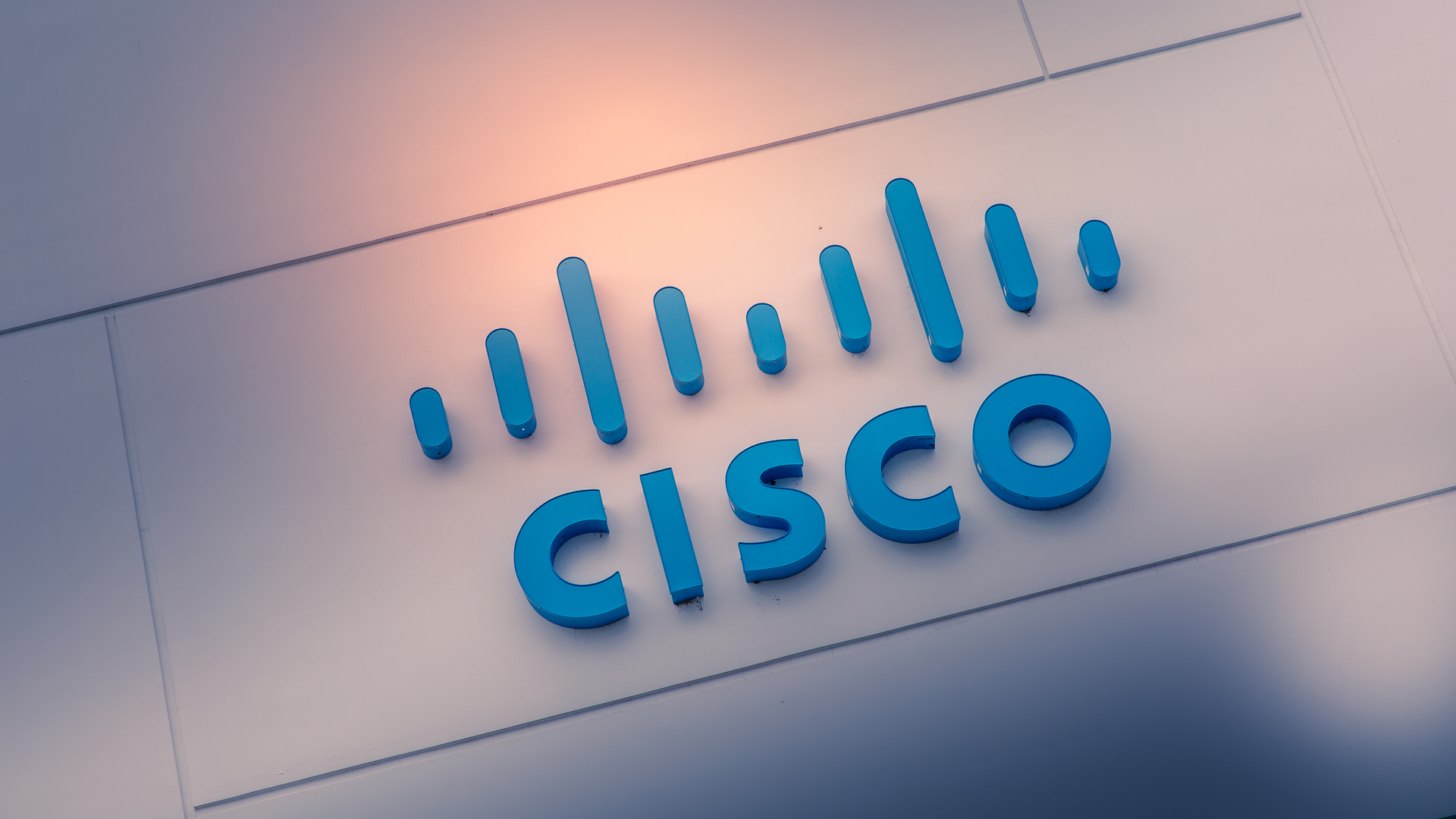 Global chip shortage hits Cisco supply chain
Global chip shortage hits Cisco supply chainNews CFO Scott Herren said that issues will last until at least the end of 2021
